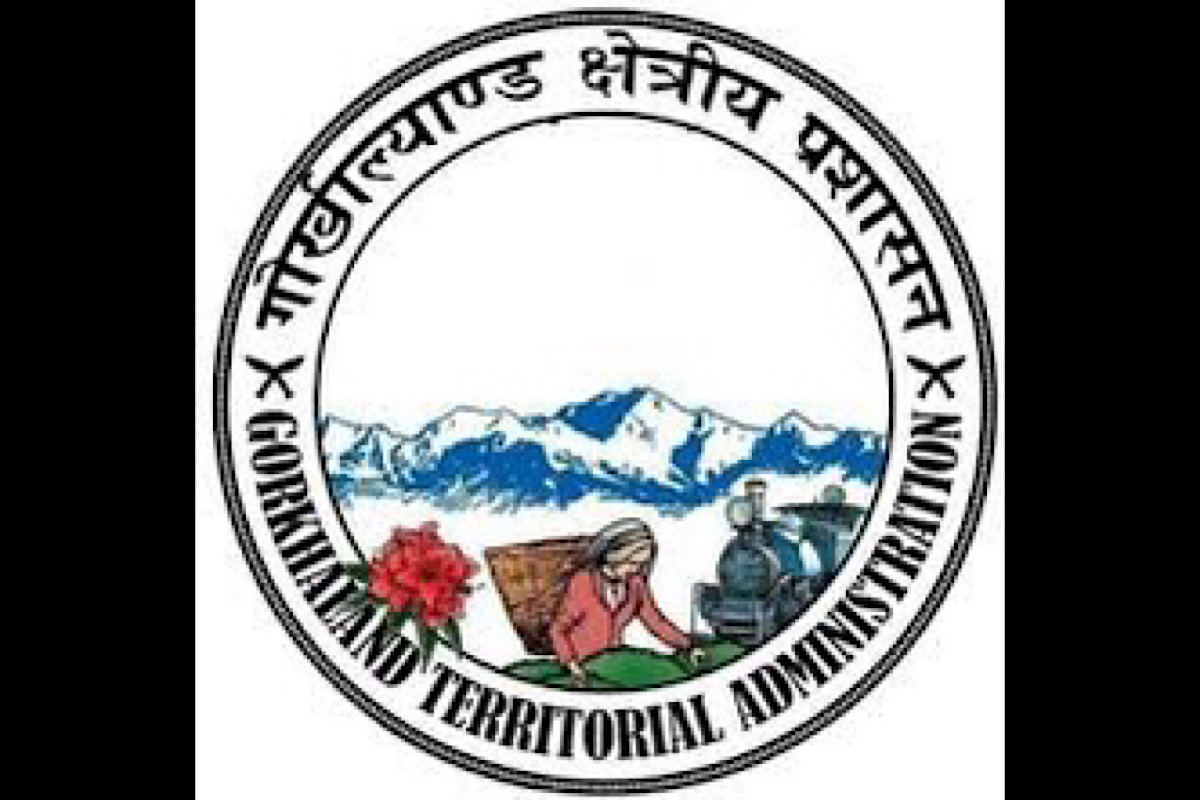GTA rejects five-decimal land grant, pushes for full land rights
Following an order from the West Bengal government on 2 November, 2023, the district administration has begun surveying tea garden lands in Darjeeling and Kalimpong.
A new group, the Separate State Coordination Committee (SSCC), has been formed to revive the demand for Gorkhaland, a separate state for the Gorkha community in India.

Gorkhaland Territorial Administration
A new group, the Separate State Coordination Committee (SSCC), has been formed to revive the demand for Gorkhaland, a separate state for the Gorkha community in India. A special interactive session was held at Methibari, Salbari, Siliguri, yesterday chaired by Bishal Chettri, to discuss the Gorkhaland movement and the community’s social, cultural, economic, and political standing in India.
The session included members of various organisations, activists, and intellectuals to strategise on strengthening the Gorkha community’s institutional framework, focusing on language, identity, and unity. Key attendees included Dr. Manikumar Sharma, an expert of the Gorkha language; Duk Nath Nepal, a political thinker and ethnic analyst from Sikkim; N.B. Khatri, a political strategist; Sanjay Thulung, SSCC deputy coordinator; Purna Sidhung Rai, a young activist; Professors Bishal Thapa and Phurba Lama; Kailash Rai, Director of the GTA Cultural Department; Advocates Vikas Lohani and Lili Thapa; Kiran Rai, head of Maanu Mukti Trust; Rebran M.D. Rai; Dinesh from North Zone Human Rights; Sunita Gurung; and other young thinkers and activists.
Advertisement
The session was conducted by Gautam Kalikote Chettri. The session concluded with a resolution to push for the formation of a national commission, secure legal rights, and promote inclusive policies through continued dialogue and advocacy. Chairman Bishal Chettri emphasized the need for further discussions with linguists and activists to advance the objectives of the Gorkhaland movement. The Gorkha community’s unity, language preservation, and political representation remain central to the struggle for Gorkhaland. Key resolutions and discussions included: Formation of a National Commission for Indian Nepali-Gorkha Language to preserve and promote the Nepali language, integrate it into the education system, ensure administrative recognition, and increase media representation.
Advertisement
Inclusion measures for linguistic minority communities, such as advocating for constitutional safeguards, ensuring social equality and opportunities, organizing cultural exchange programs, and pushing for policy advocacy. The need for research and dialogue, including conducting cultural and historical studies, formulating policy recommendations, and launching public awareness programmes. Challenges in Gorkha ethnic unity, such as divided political leadership, fragmentation based on language and culture, geographical and political differences, divergent interests among organizations, and external influences.
Potential solutions for fostering unity, including building a shared identity, organising social and cultural campaigns, raising awareness among youth, and strengthening local leadership. The relationship between language and the Gorkhaland movement, emphasizing language as the basis of identity, constitutional recognition of Nepali, opposition to forced Bengali assimilation, and advocacy for the official use of Nepali in governance and education.
Advertisement